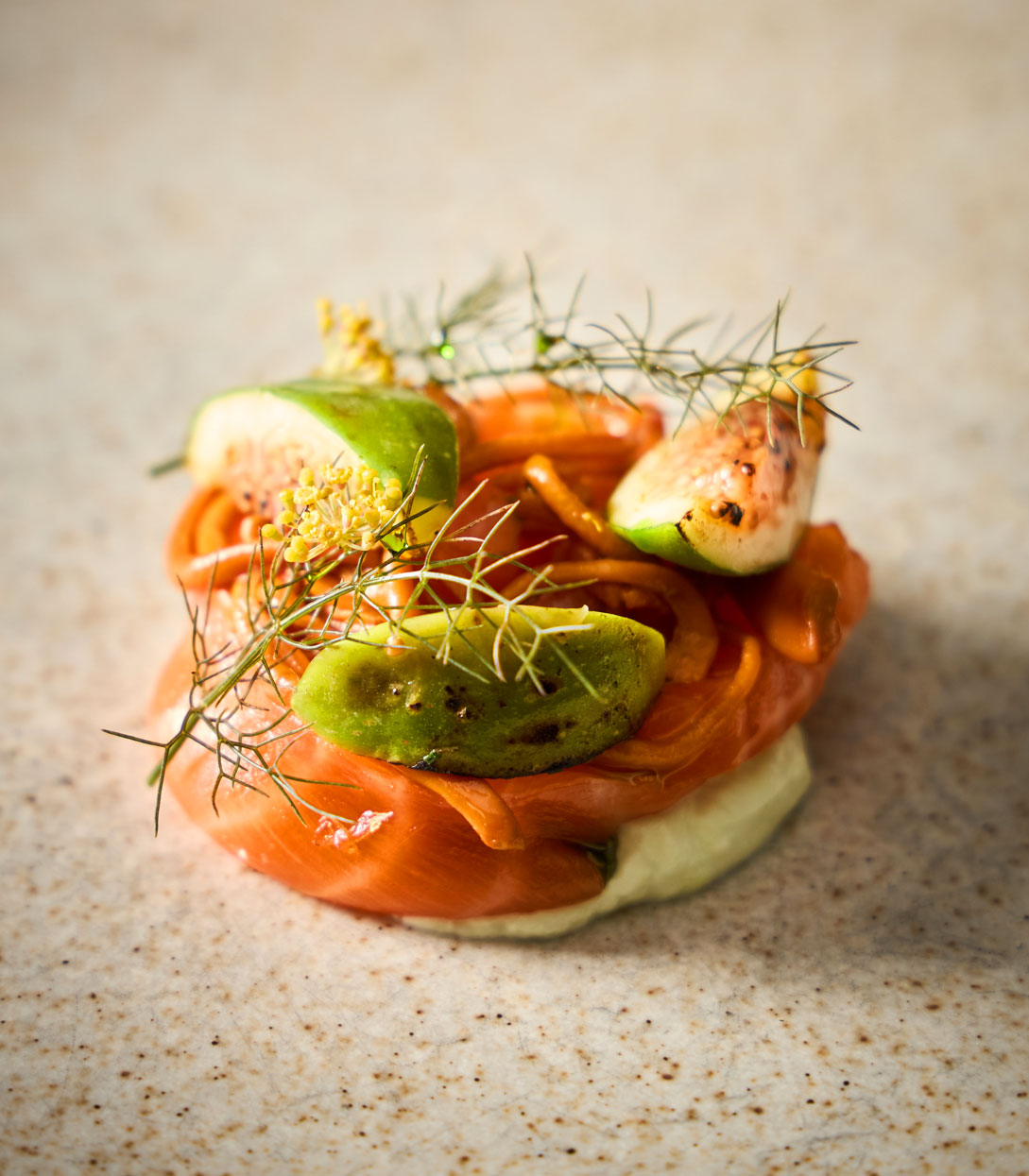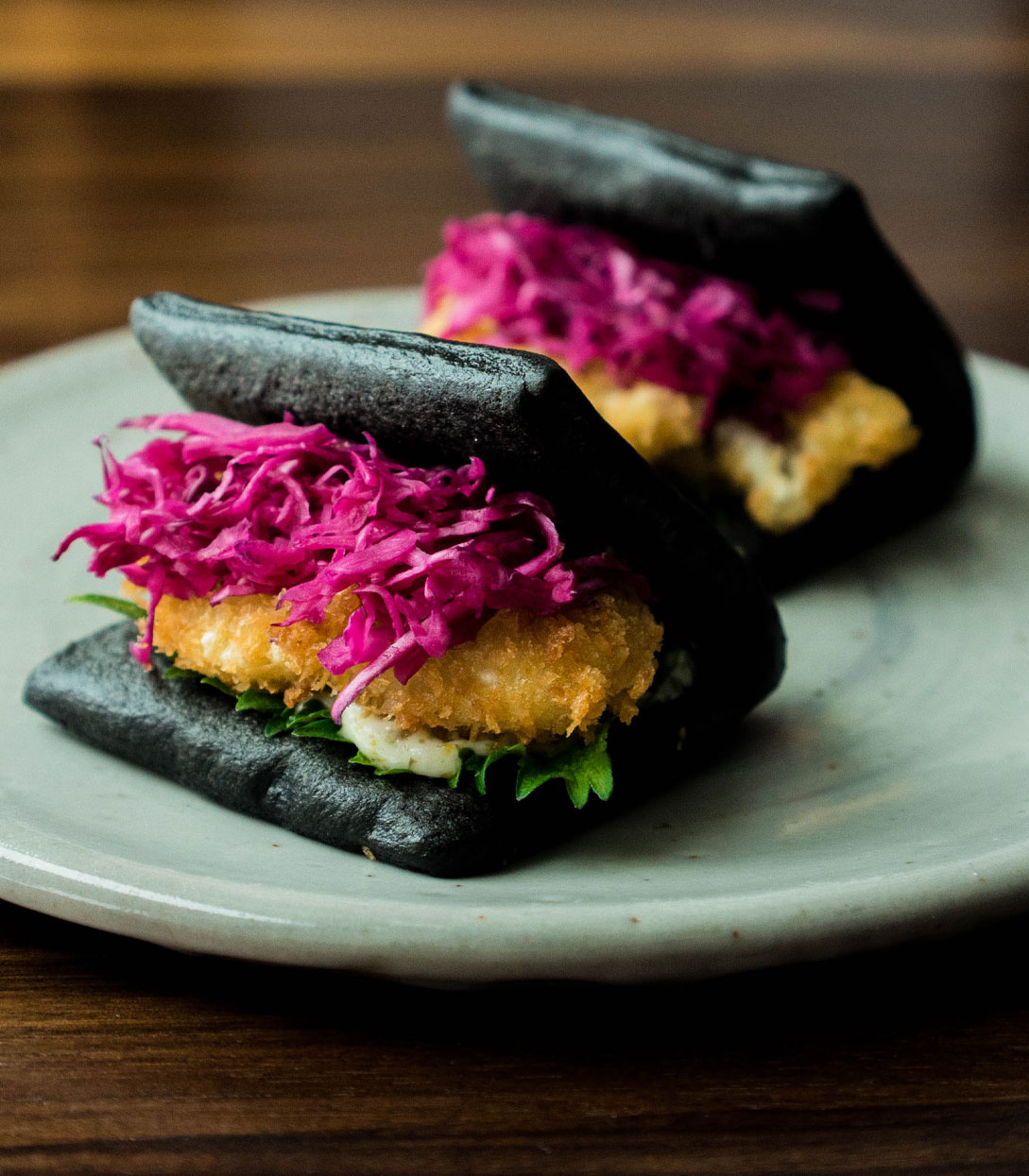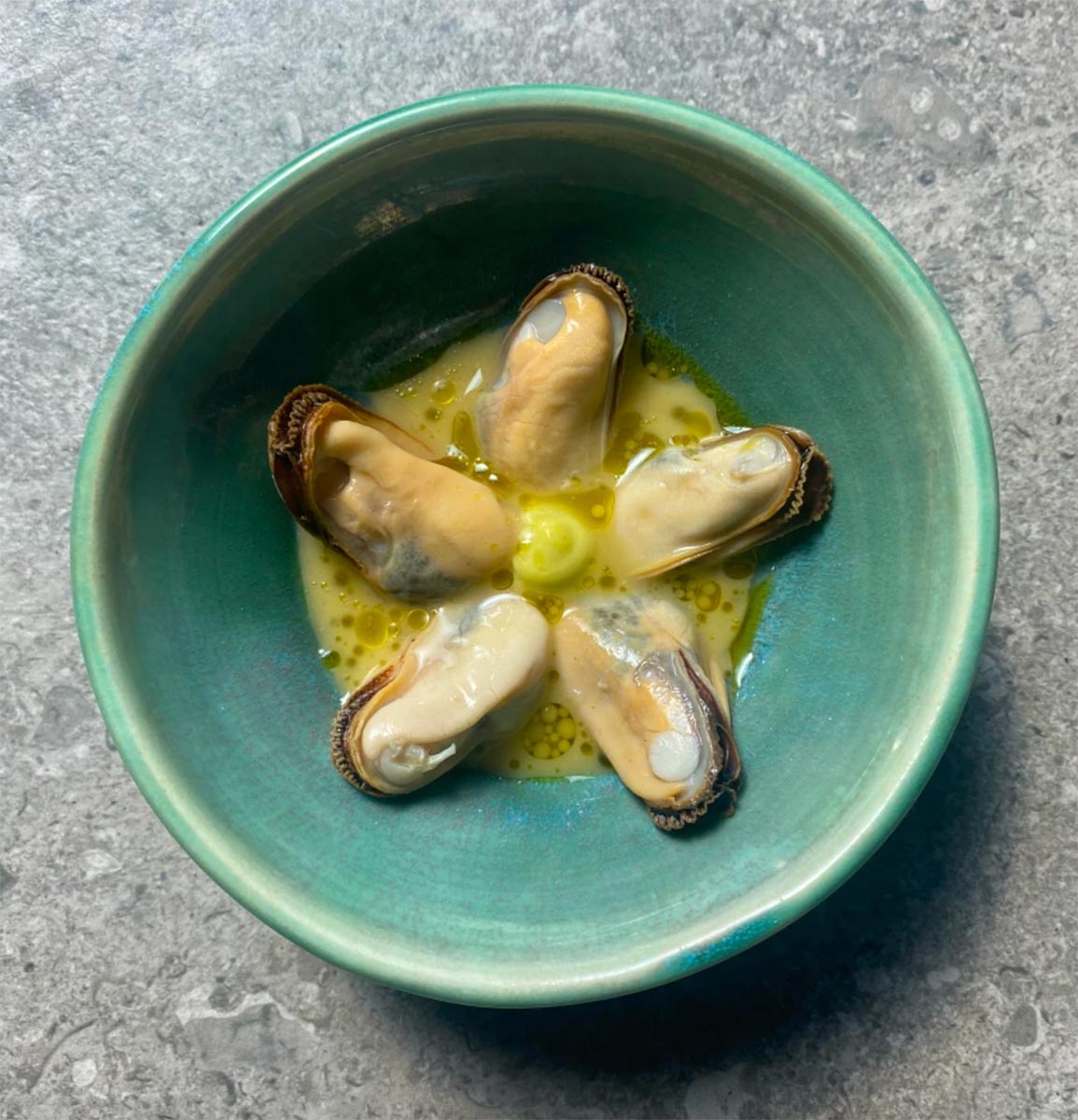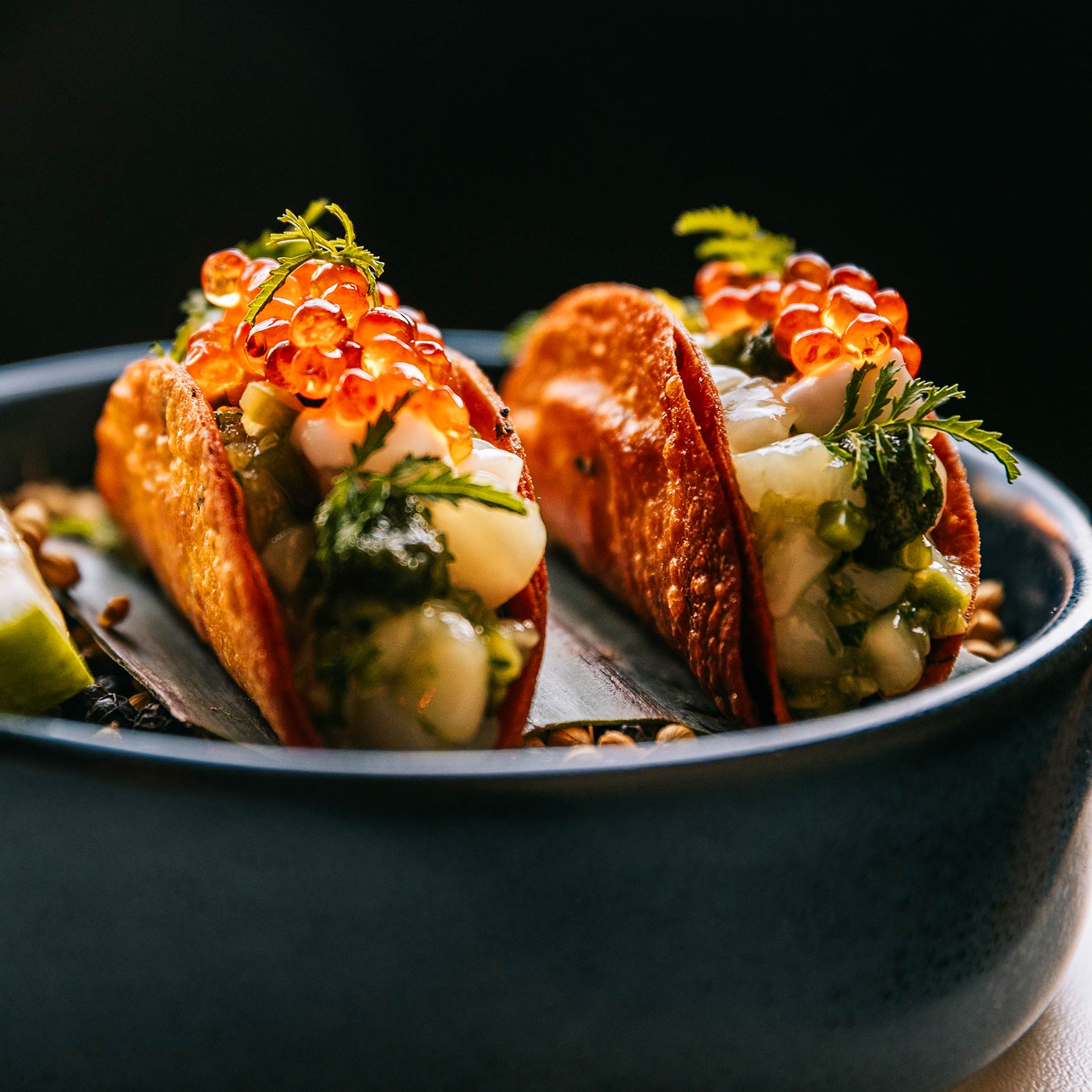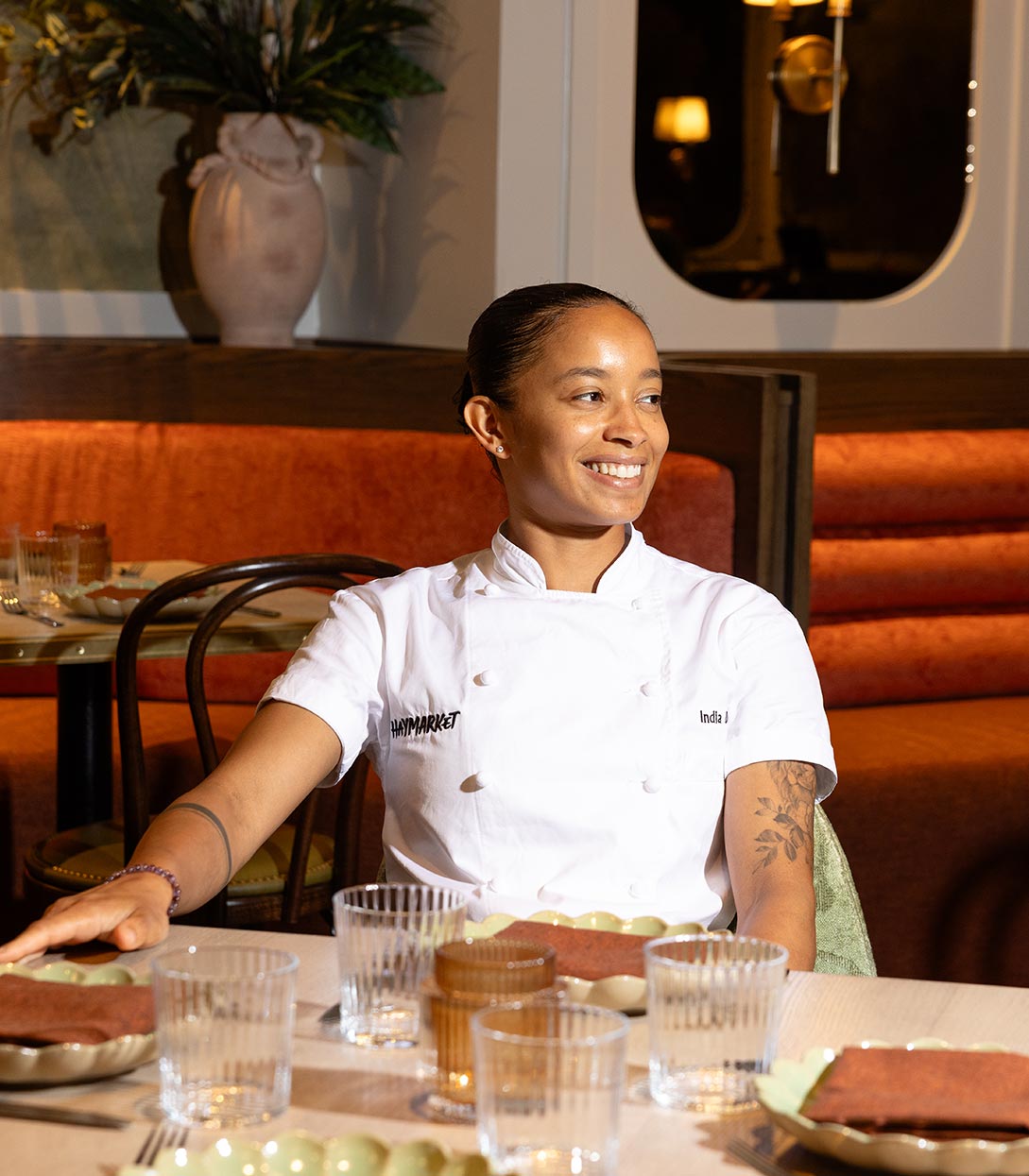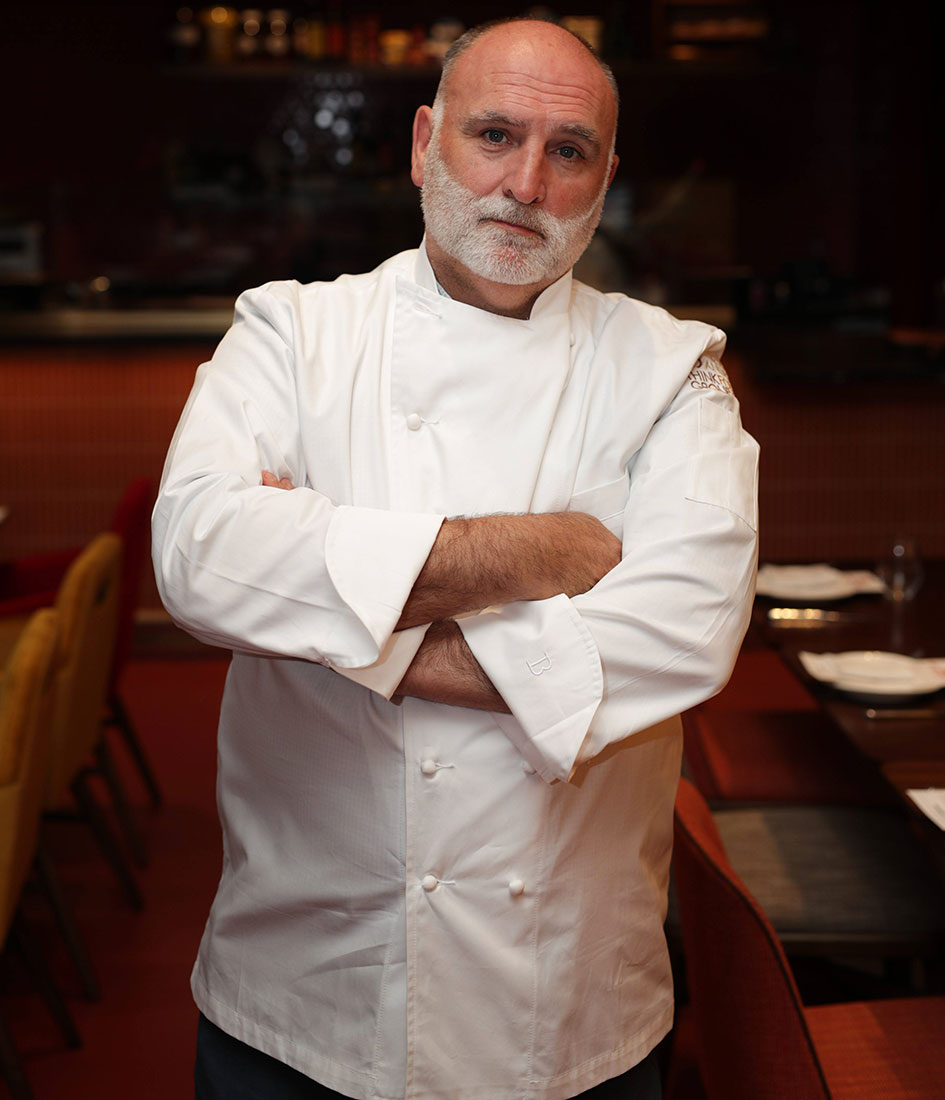We all have our favorite spices; the ones we use daily, or perhaps weekly, in our favorite recipes. Yet, choosing favorites means spice drawers are often black holes — maybe you buy an ingredient for a distinct recipe then throw it in the pile only to be forgotten about until it comes time to clean out the drawer again.
In global cuisine, spices are significant, and adding spices to your dishes can easily elevate a Monday night meal from feeling lackluster to an exciting, rewarding culinary adventure without having to leave your kitchen. “The goal of using spices is not just to add heat or intense bursts of flavor, but to create a balanced, aromatic, and complex palate that complements the primary ingredients of your dish,” says Sujan Sarkar, chef-owner of One MICHELIN Star Indienne in Chicago.
Here are 11 tips for storing and cooking with spices at home.
Keep an inventory
“Keep track of when you bought your spices,” says Ilya Evdokimov, chef de cuisine at STAY by Yannick Alléno in the One & Only Dubai. Try adding a piece of tape with the purchase date or when they were first opened.
Proper storage
“Store spices away from heat and moisture,” says Evdokimov, noting that a cool, dry pantry is perfect for this. Don’t forget to use air-tight containers (preferably glass) to lock in freshness and flavor.
Whole spices last longer than powders
“Whole spices typically last longer than ground ones and can maintain their potency for up to three or four years. Roast them slightly in a dry pan before storage to enhance their flavor,” says Sarkar.
Expiration dates aren’t critical
"The dates printed on spices are more of a guide to how long the spices will retain optimum flavor," explains Sarkar. “Most spices are still safe to consume after the expiration date, but their potency may have decreased. Regularly sniff your spices; a faint aroma often indicates that it's time to replace them.”

Consider dry roasting spices
Dry roasting spices before cooking with them can enhance their depth and character. Sarkar says it’s a technique to also aid in a more harmonious blending with other ingredients.
Start small
For home chefs looking to use more spice but are concerned about strong flavors, it’s better to begin cooking with half of what the recipe calls for, then adjust gradually. “It's easier to add more than to fix an over-spiced dish,” says Evdokimov.
Order matters
"Whole spices like cinnamon sticks, cardamom pods, cumin, coriander seeds, or cloves can be added to a dish earlier to better infuse their taste," explains Sarkar. “This allows the spices to release their full flavor as they are given time to simmer and infuse the dish with their essence.” On the other hand, raw, ground spices like turmeric powder, cumin powder, and others should be added during the cooking process — when cooked too long or at too high of a temperature, they might burn and ruin the dish.
Trust your taste buds
“Use your taste buds as a guide and don't rely solely on measurements, as the potency of spices can vary,” says Sarkar.

Add spice blends last
Specially prepared spice blends or roasted spices, such as garam masala, chaat masala, and bhaja masala, should be incorporated toward the end of cooking. “[This] preserves their aroma and taste to maximize their impact on the finished dish,” says Sarkar.
Alter spice with acidic, salty, or sweet ingredients
If a dish ends up being too spicy or pungent, there are ways to correct your mistakes. “Consider adding acid (a squeeze of lemon, lime, or a dash of vinegar can cut through and balance spiciness), salt (to enhance the presence of other flavors and make a spicy dish more palatable), or something sweet (a hint of sugar or honey can round off the edges of too much heat).”
Patience is key
When cooking with spices, it’s all about acting slowly and steadily. “On low heat, spices release their flavors over time, becoming more complex and integrated into the dish. Rushing this process with high heat can cause spices to burn and impart a bitter taste,” says Sarkar. “Slow cooking also allows for better absorption into other ingredients, ensuring that the spice enhances rather than overpowers the dish.”










